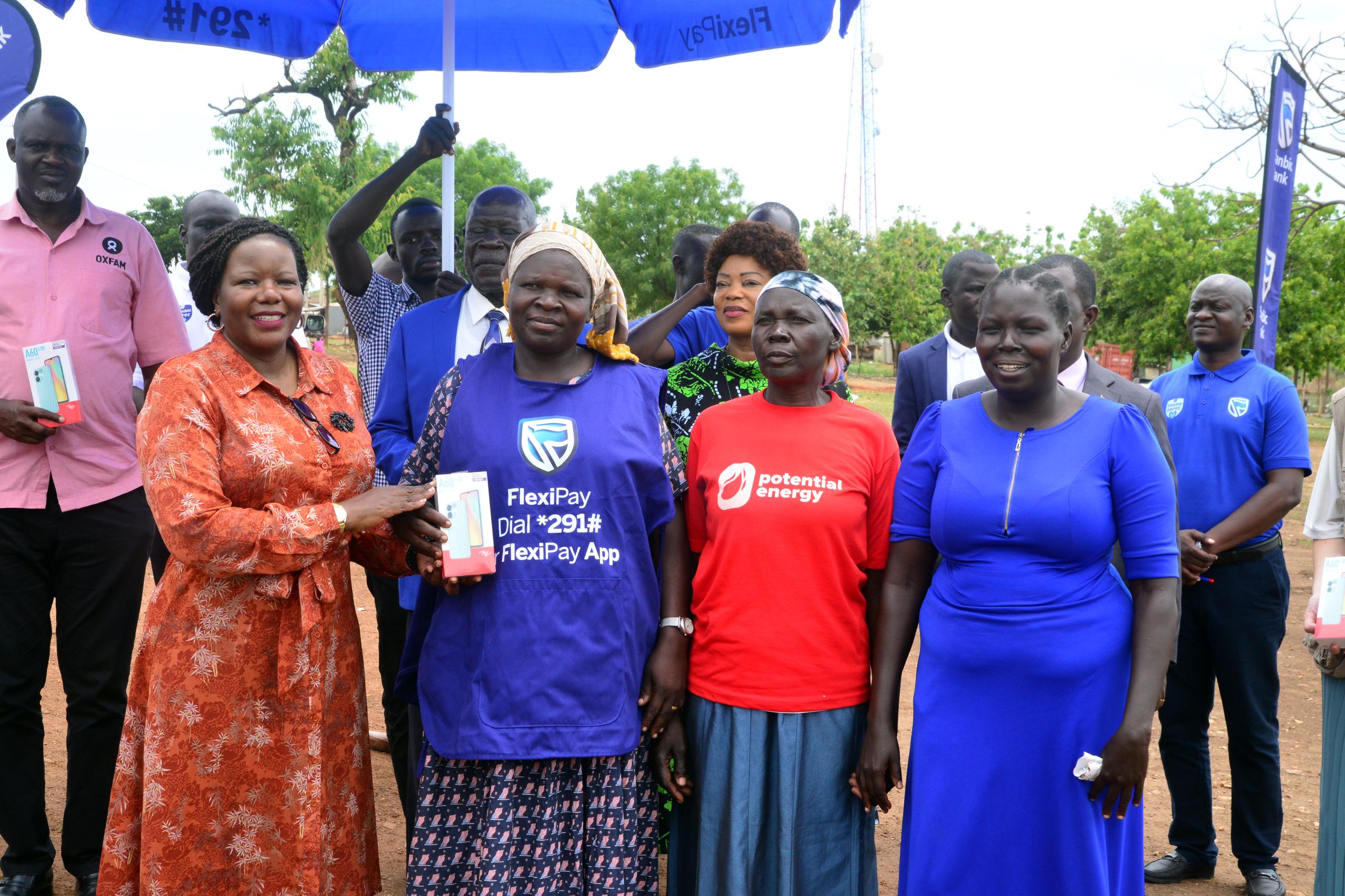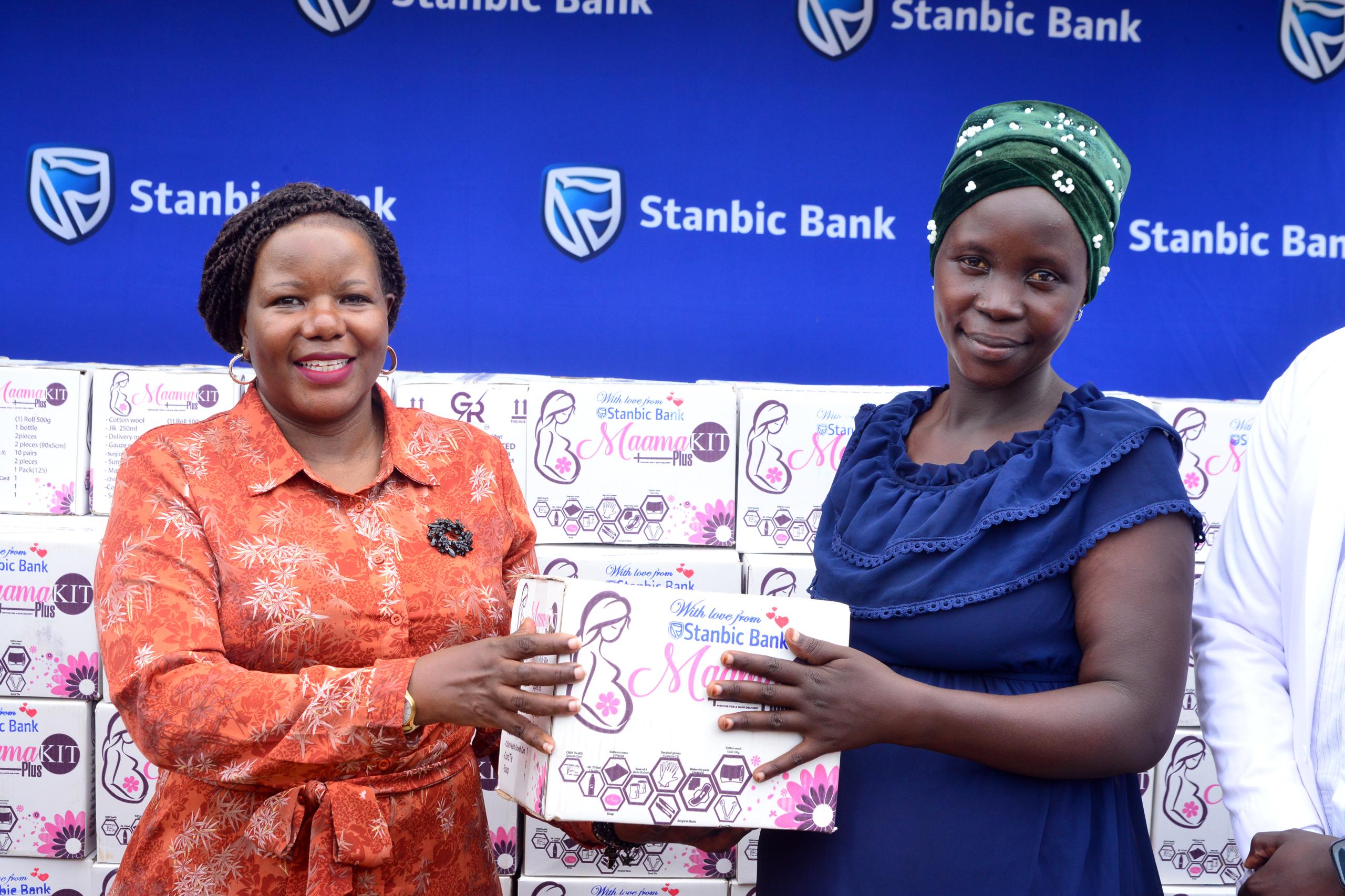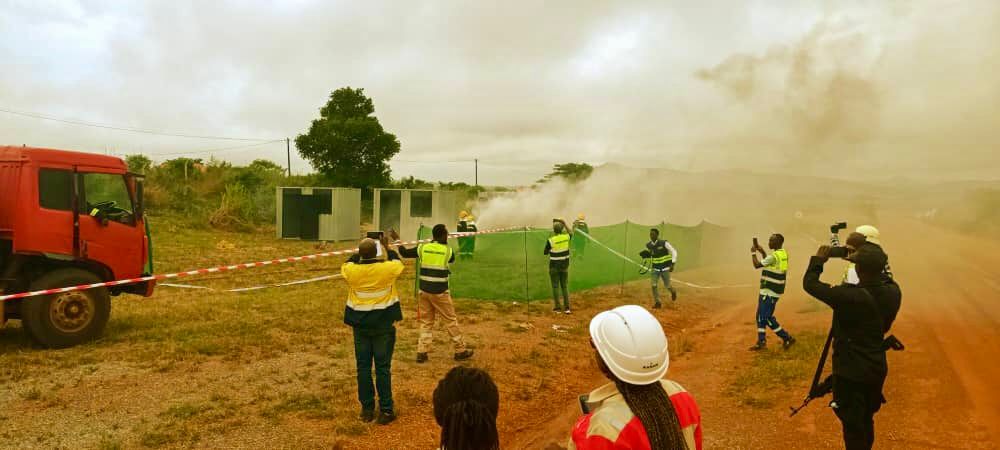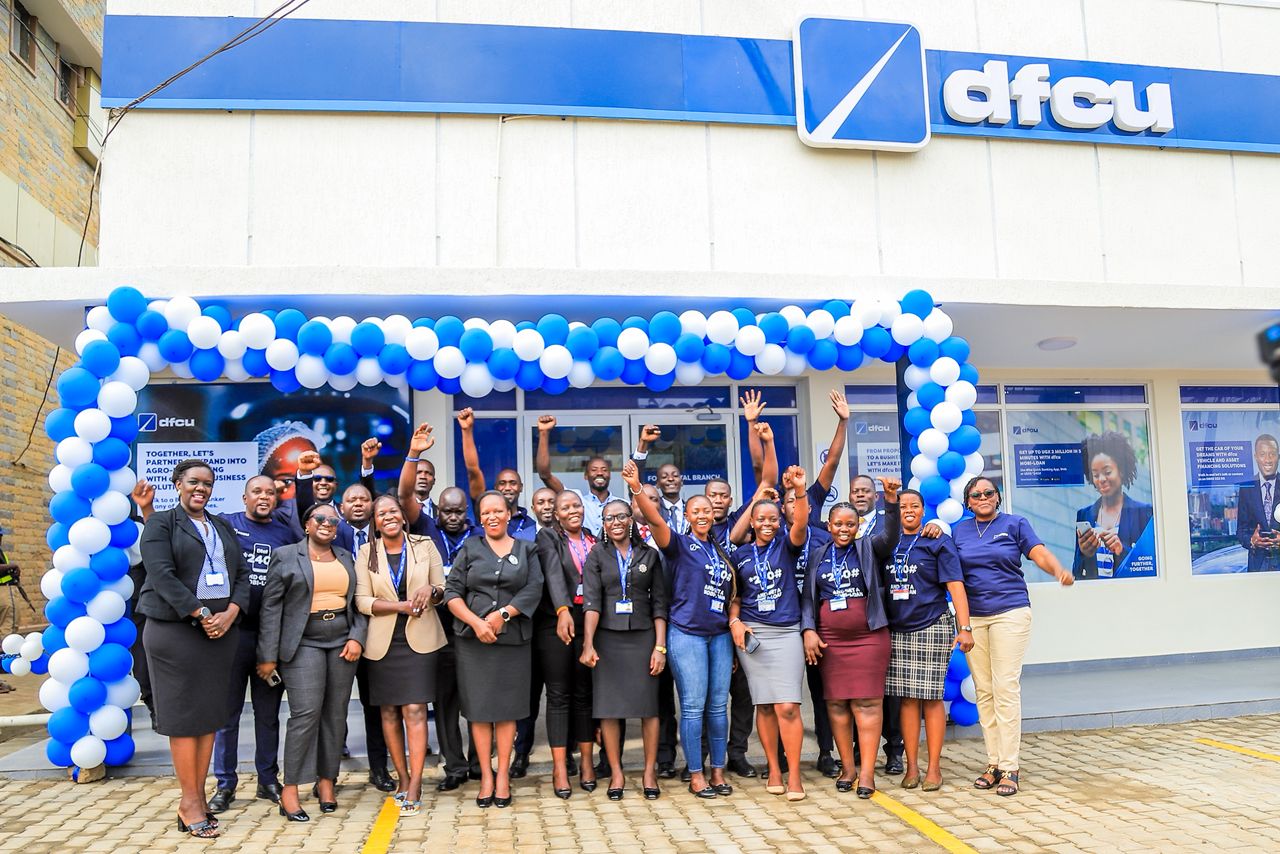Stanbic Bank Uganda, UN Women take financial literacy to Women in West Nile Refugee camps
The initiative was developed following a comprehensive needs assessment in refugee settlements like Nyumanzi in Adjumani District and BidiBidi in Yumbe District.

Stanbic Bank Uganda, through its “Stanbic for Her” initiative, has joined forces with UN Women to launch a transformative program designed to empower women in West Nile refugee camps and host communities. This innovative partnership aims to break down systemic barriers and foster sustainable livelihoods through digital inclusion, financial literacy, and holistic support.
The launch of the program marks a significant step towards addressing the unique challenges faced by women in the region. “Our work in West Nile is grounded in the belief that inclusive development must tackle systemic barriers,” explained Catherine Poran, Chief Executive of the Stanbic Business Incubator (SUBIL). “Through Stanbic for Her, we are proud to deliver targeted support to communities that need it most.”
The initiative was developed following a comprehensive needs assessment in refugee settlements like Nyumanzi in Adjumani District and BidiBidi in Yumbe District. This assessment revealed a multitude of pressing issues, including limited access to financial services, the prevalence of early marriages driven by a lack of menstrual hygiene products, serious maternal health risks, and the ever-growing threat of climate-induced food insecurity.
Dr. Paulina Chiwangu, UN Women Country Representative in Uganda, emphasized the crucial need for gender-responsive and inclusive humanitarian responses. “Our partnership with Stanbic Bank demonstrates the power of collaboration. The COVID-19 pandemic exposed the extent of the digital divide, especially for women. This program ensures women not only access livelihoods but are also meaningfully included in decision-making processes, with dignity and protection at the center,” she stated.
A key component of the program is the promotion of digital financial inclusion. To bridge the gap in access to banking services, Stanbic Bank donated smartphones to selected community members, primarily women. These devices will empower them to utilize mobile banking, maintain digital records, and cultivate savings habits, effectively overcoming the challenge of long distances to traditional financial institutions. “Distance to a bank shouldn’t be a barrier,” Poran emphasized. “With digital tools, we’re enabling these communities to build financial resilience and autonomy.”
Beyond financial empowerment, the program also prioritizes maternal and child health. As a direct response to high infant mortality rates in the refugee settlements, 320 mama kits were distributed to support safe childbirth. Furthermore, recognizing the importance of food security and environmental sustainability, the initiative includes the planting of 1,250 fruit trees across the communities. These trees will contribute to improved household nutrition, promote sustainable agriculture practices, and actively support reforestation efforts in the region.
Another critical aspect of the initiative focuses on girls’ education and menstrual hygiene. Acknowledging that the lack of sanitary towels often contributes to school dropouts and early marriages, particularly in refugee settings, the project has provided menstrual hygiene products to adolescent girls. This crucial intervention aims to keep more girls in school, empowering them to take control of their futures.

“This isn’t just about responding to urgent needs,” Poran asserted. “We’re committed to driving long-term, measurable change. We will continue walking this journey with government, development partners, and the communities themselves.”
Poran highlighted that the partnership with UN Women serves as a model for integrated development. It effectively combines technology, gender equity, health, and environmental sustainability into a cohesive and community-driven empowerment strategy.
“Stanbic for Her” is a flagship initiative by Stanbic Bank Uganda, dedicated to supporting women-led enterprises and promoting gender-inclusive development through enhanced financial access, comprehensive capacity building, and tailored business solutions. This latest partnership in West Nile underscores the bank’s commitment to empowering women and fostering sustainable development within vulnerable communities.








